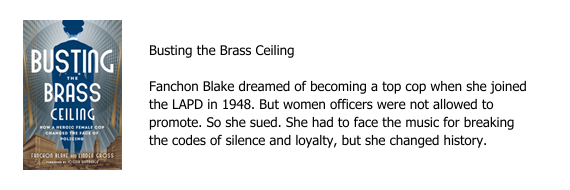As you may remember, rule number one for writing just about anything boils down to simply getting started. Don’t worry about how your piece reads until you have a solid beginning and a plan for where you’re headed. That gets us to rule number two, which I’ll keep short since I’ve written already about this at length in a previous blog entry.
Rule #2: Whether you’re writing a business letter or a novel, create an outline so you know where you’re going—you have a much better chance of getting there that way.
Remember that each paragraph (or chapter) makes a single argument. And each paragraph (or chapter) needs to be linked one to the other.
Think of a train. The locomotive provides the power that pulls the whole thing along. That’s your lead paragraph (or chapter). Each car (or paragraph or chapter) has its own content, which is linked to the car before it and the car after it. Those links are called transitions. The caboose (or conclusion) wraps the whole thing up.
So much for rule number two. Once you have a handle on the shape and direction of your project, you need to think about language. Though you still don’t want to stress about perfecting your prose at this stage, mastering this next rule will help you sidestep one of the most common writing pitfalls.
Rule #3: Opt for dynamic action verbs that make your text come alive instead of weak favorites like “to be” or “to have.”
Weak: There are many great deals out there.
Strong: Great deals abound.
Weak: The farmers were fearful that their crop would fail and their family would starve.
Strong: The farmers feared the potential failure of their crops. Their families would surely starve.
Go ahead and try swapping passive verbs for active ones in your own writing. The impact will surprise you. Besides, seeing your words gain power with one quick edit is downright fun.



















0 Comments